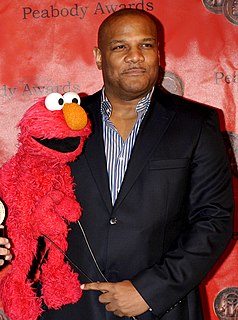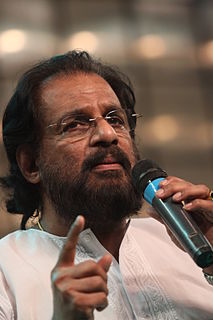A Quote by Alice Mattison
We're always inventing, even if we're making someone who's fairly close to ourselves.
Related Quotes
But how can we love someone if we don't like him? Easy-we do it to ourselves all the time. We don't always have tender, comfortable feelings about ourselves; sometimes we feel foolish, stupid, asinine, or wicked. But we always love ourselves: we always seek our own good. Indeed, we feel dislike toward ourselves, we berate ourselves, precisely because we love ourselves; because we care about our good, we are impatient with our bad.
And yet many of us do it without families," Nynaeve said. "Without love, without passion beyond our own particular interests. So even while we try to guide the world, we separate ourselves from it.We risk arrogance, Egwene. We always assume we know best, but risk making ourselves unable to fathom the people we claim to serve.







































